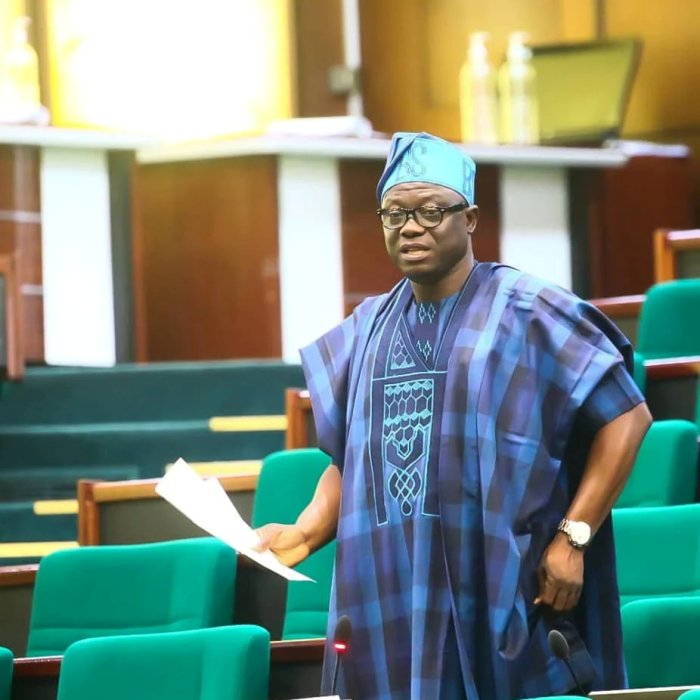Hon. Bamidele Salam, Chairman of the House of Representatives Public Accounts Committee (PAC), has underscored the importance of collaboration between the National Assembly and state Public Accounts Committees to reinvigorate the National Association of Public Accounts Committees (NAPAC) and bolster accountability in governance. He made these remarks during a joint session of the Senate and House Public Accounts Committees on Tuesday, which also marked the inauguration of an Ad-hoc Committee assigned to rejuvenate NAPAC’s activities at the National Assembly.
Established in 2014, NAPAC plays a vital role in promoting transparency and accountability across Nigeria. The association consists of 38 chapters nationwide, including the Public Accounts Committees from both the National Assembly and the 36 state Houses of Assembly. However, NAPAC has seen a decline in activity recently, prompting the urgent call for revitalization. Addressing attendees, Hon. Salam emphasized the significance of the timing, given the nation’s current challenges. “This Association is essential for fostering transparency and accountability in governance. Unfortunately, its activities have been stagnant, highlighting the urgent need for revitalization,” he stated.
He elaborated on the primary objectives of the newly formed Ad-hoc Committee, which include reenergizing NAPAC and developing innovative approaches to combat corruption and governance issues in partnership with anti-corruption agencies, civil society organizations, and the media. “Through NAPAC, we can utilize our networks and connections with regional and continental bodies, such as the African Organization of Public Accounts (AFROPAC), West African Association of Public Accounts (WAPAC), and Southern African Development Community of Public Accounts Committees (SADCOPAC), to facilitate study exchanges, capacity-building initiatives, and sharing of best practices,” Salam noted. He called on stakeholders to actively participate in the revitalization of NAPAC, thereby promoting transparency and advancing good governance throughout the country.
In a conversation with journalists post-meeting, Rep. Salam discussed the delays in obtaining audit reports from crucial offices, including the Auditor General of the Federation and the Accountant General of the Federation. He emphasized the necessity of expediting the submission process to enable the PAC to fulfill its constitutional oversight responsibilities effectively.
“Nigerians can anticipate increased productivity, especially regarding the consideration of the Auditor General’s report. Currently, the sole report available to the National Assembly is from 2021, which is not aligned with the expectations set forth by the Constitution,” Salam remarked.
He assured that efforts are being made to address the backlog and align Nigeria with global standards. “Our goal is to ensure that we can catch up with the 2022 and 2023 reports by next year, positioning Nigeria alongside other countries that are already reviewing the 2023 Auditor General’s report,” he affirmed. Salam reiterated the committee’s commitment to ensuring that Ministries, Departments, and Agencies (MDAs) operate transparently, utilizing public funds effectively and lawfully.
“We will work to align more government agencies with our standards to ensure that all funds appropriated by the National Assembly are spent efficiently and in line with the law,” he concluded. The renewed focus on NAPAC is anticipated to enhance oversight, improve accountability in governance, and significantly contribute to Nigeria’s ongoing fight against corruption.












